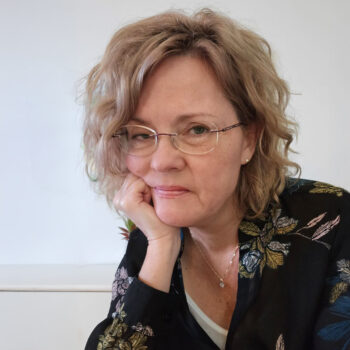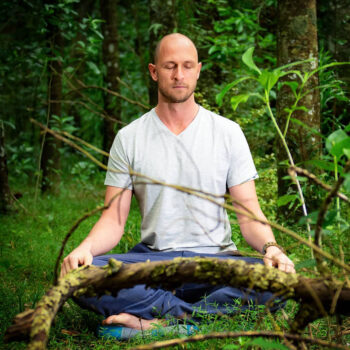Episode 14: Alchemizing Inherited Trauma & Marginalization with Rennet Wong-Gates
By The Gifts of Trauma /
Listen this episode here:
or here
In this compelling interview, Rennet invites us to witness her transformative journey from immigrating to Canada (from Guyana) without her parents at 17, to navigating the intricacies of her mixed-race identity. The unexpected support of a compassionate doctor who provided emotional solace in one of her toughest times highlights the importance of safe spaces, connection and supportive relationships, when we are facing adversity.
Rennet’s ability to seamlessly integrate her rich cultural heritage into her practice demonstrates how her deep connection to her cultural heritage enriches her understanding of trauma and healing. By recognizing both her clients’ pain and their inherited strengths, she affirms that growth is possible, even in the face of immense challenges.
Her deep expertise in marginalization, systemic and structural oppression, and trauma, sheds light on the unseen battles many of us face, and her stories illustrate how these issues arise.
Marginalization involves stereotype-based identity perspectives (race, gender, sexuality….) that:
– Deny people opportunities, access to resources, or recognition of their contributions/value
– Subjects people to derogatory language, bullying, disrespect, isolation or unwanted attention
Structural inequality occurs when organizations, institutions, governments or social networks hold cultural, linguistic, economic, religious/spiritual beliefs, physical or identity based biases which provide advantages for some members and disadvantages for others.
Trauma is a collection of lived experiences stored in fragments in our bodies. Initiated in childhood, we run these learned programs, which, without conscious change, repeat intergenerationally.
Rennet’s story isn’t just about overcoming our trauma; it’s about recognizing our gifts and using them to thrive. Let her insights inspire you to embrace your own trauma and strength with gratitude. And as you walk your healing path, notice how every step forward is generated through a shared connection.
Resources
Websites:
Books:
- Rest is Resistance
- What is Post traumatic Growth?
- Recovering Black Storytelling in Qualitative Research Endarkened Storywork
- The Pain we carry: Healing from Complex PTSD for People of ColourCultural Competence and Healing Culturally Based Trauma with EMDR Therapy
Quotes:
- “The original meaning of the verb “to marginalize” was “to write notes in the margin of.” A helpful visual for Marginalization… Consider relegating someone to an unimportant or powerless position—so they feel like the notes squeezed into the margins of society. Small. Scrawled. Practically unreadable.” – Beth Castle
- “Healing isn’t quiet. The feelings that go with trauma healing, the grief, sadness and anger… take over like wild cats: It’s frightening, when those feelings go away, as you can’t protect yourself from the tiger you can’t see. Is it laying in wait to attack out of the blue? When you live through trauma you get used to the noise. So moments of calm, quiet or contentment are unfamiliar. You work hard to heal and suddenly you find yourself lost in a world of quiet, the noise of trauma is gone and you’re not prepared for these moments – you don’t have the skills to sit still, to be quiet, to wonder, to reflect. It takes all of our patience and compassion to hold ourselves in this new space the way we would an infant or child who needs reassurance. For trauma survivors, growth isn’t toughness –it;s softness. Not hard work, but allowing rest.” –Gretchen Schmelzer
Sara’s Social Media:
- Instagram: rennetwonggates




